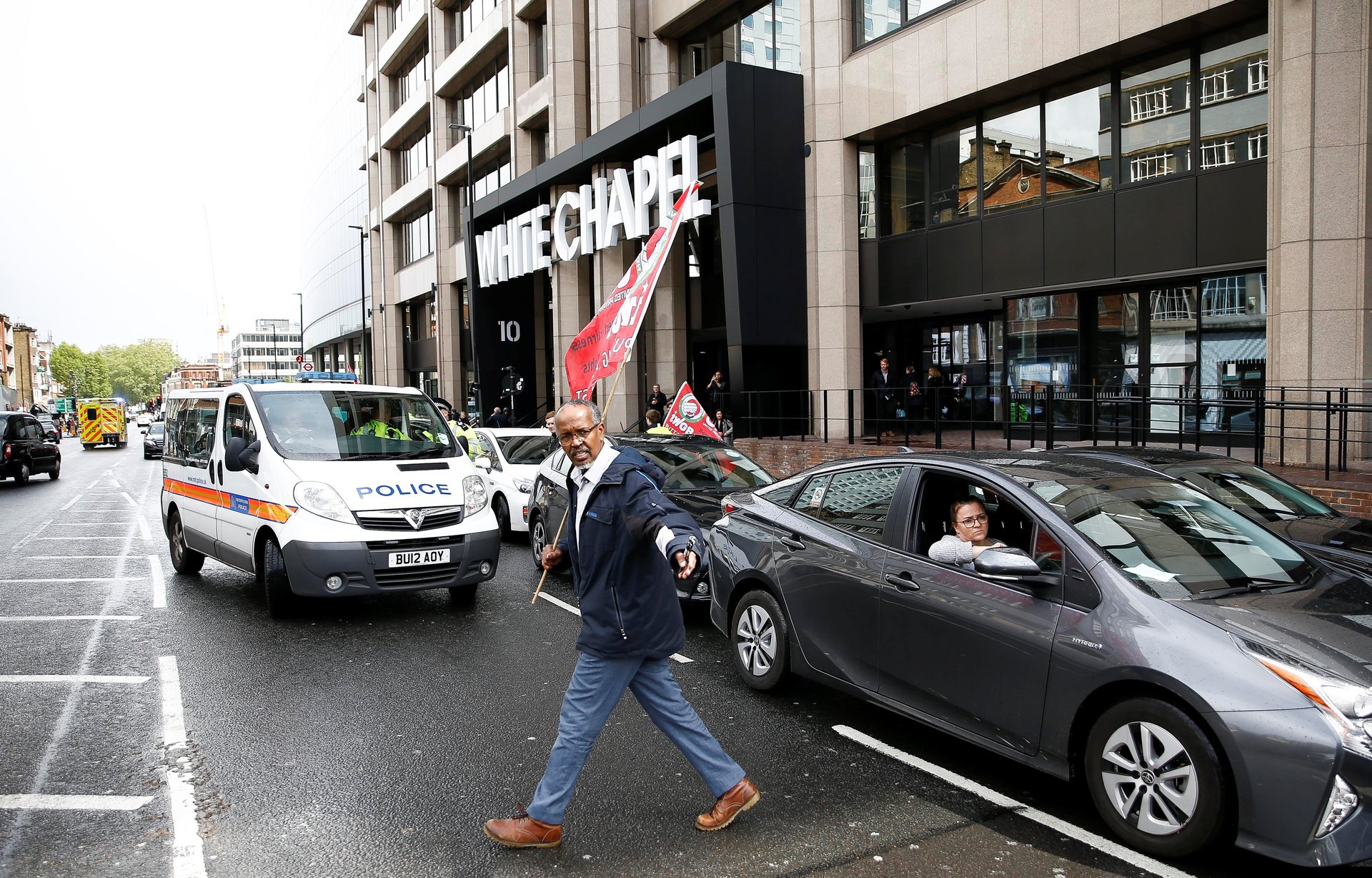The UK Supreme Court ruled that Uber drivers are not self-employed
The employment status of Uber drivers is coming down to geography. In California, Uber convinced voters in November that its drivers are in fact contractors. In the UK this week, the highest court in the country wasn’t so easily swayed.


The employment status of Uber drivers is coming down to geography. In California, Uber convinced voters in November that its drivers are in fact contractors. In the UK this week, the highest court in the country wasn’t so easily swayed.
The UK Supreme Court ruled this week that Uber must treat its drivers there as workers, not as self-employed contractors. The decision paves the way for Uber drivers in the UK to get benefits such as minimum wage and paid leave.
In its unanimous decision, the UK Supreme Court rejected Uber’s appeal of an earlier ruling by an employment tribunal ruling.
Uber maintained that its drivers are independent contractors who can choose to work whenever they want. The high court, however, found that the work performed by drivers and offered to passengers via the Uber app is “very tightly defined and controlled by Uber.” The court also concluded that Uber drivers have “little or no ability to improve their economic position through professional or entrepreneurial skill. In practice the only way in which they can increase their earnings is by working longer hours while constantly meeting Uber’s measures of performance.”
The employment tribunal will now decide how to compensate dozens of drivers who could be entitled to an average of 12,000 pounds ($16,800) of lost pay, according to the estimates of a law firm representing the drivers.
At the time of the employment tribunal hearing in 2016, there were 40,000 drivers in the UK and 2 million people using Uber in London alone.
With London being one of Uber’s top five markets globally, the decision could throw a wrench in the business model of the company, which lost $6.7 billion in 2020.
The employment status of gig workers is a global debate
“We believe this UK ruling is a contained risk at this point for Uber and the overall Gig Economy, with the city of London and Uber having many battles throughout the past few years,” WedBush analyst Daniel Ives wrote in a note to clients, citing past arguments over the company’s license to operate in London.
But the stakes for Uber in its fight to maintain independent-contractor status for drivers was evident last year in a $200 billion campaign (paid for by Uber along with Lyft, Instacart, and Doordash) for support in California for Proposition 22, a state measure which essentially exempted gig companies from needing to reclassify their California drivers as employees. Following the outcome of the Prop 22 vote, Uber CEO Dara Khosrowshahi told investors that “going forward, you’ll see us more loudly advocate for new laws like Prop 22… It’s a priority for us to work with governments across the US and the world to make this a reality.”
There has been an uprising of gig workers organizing both in the US and internationally in the past couple of years. Foodora workers in Norway formed their first union after a six-week strike in September 2019. The 600 employees involved were demanding higher pay as well as guaranteed compensation for workers’ use of bikes, uniforms, and smartphones. In Japan, where 3 million workers are estimated to be working as freelancers, UberEats food-delivery workers unionized in October, with the chairman of the union calling for “safer and more stable working conditions for all platform workers.”
In the UK, it’s no longer a question whether Uber drivers are workers or contractors. But the global debate on the matter is far from over.